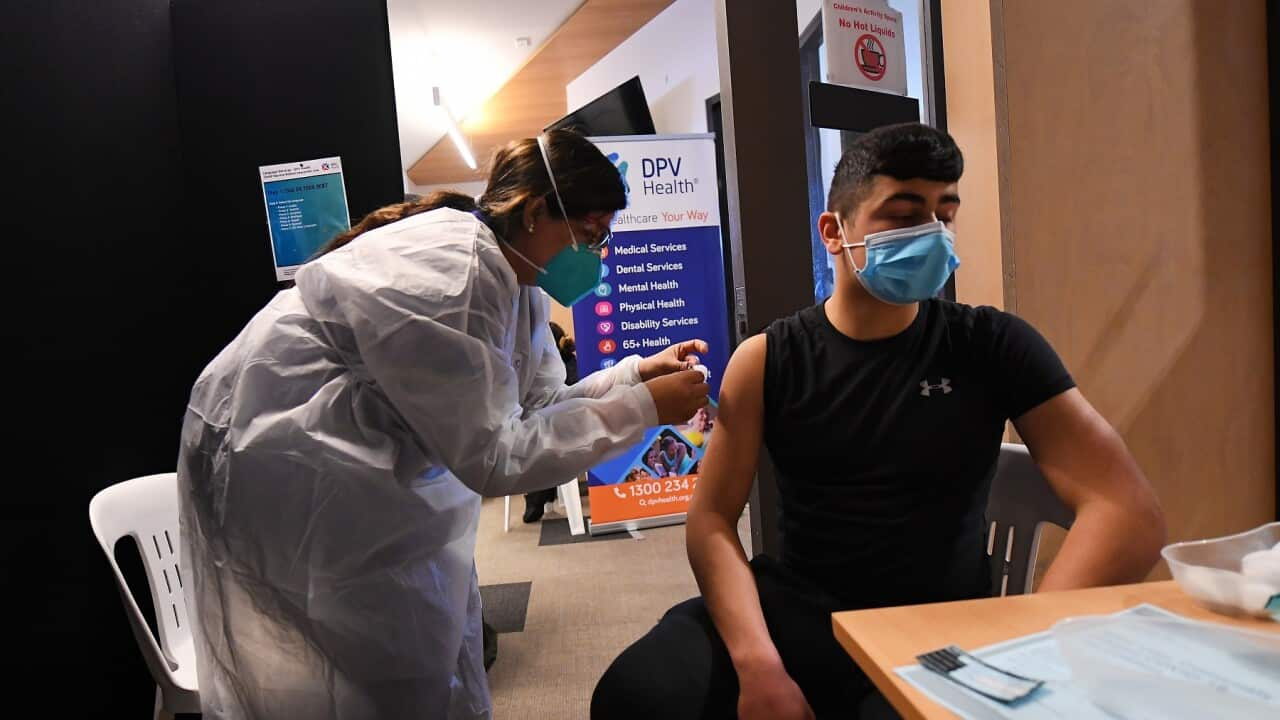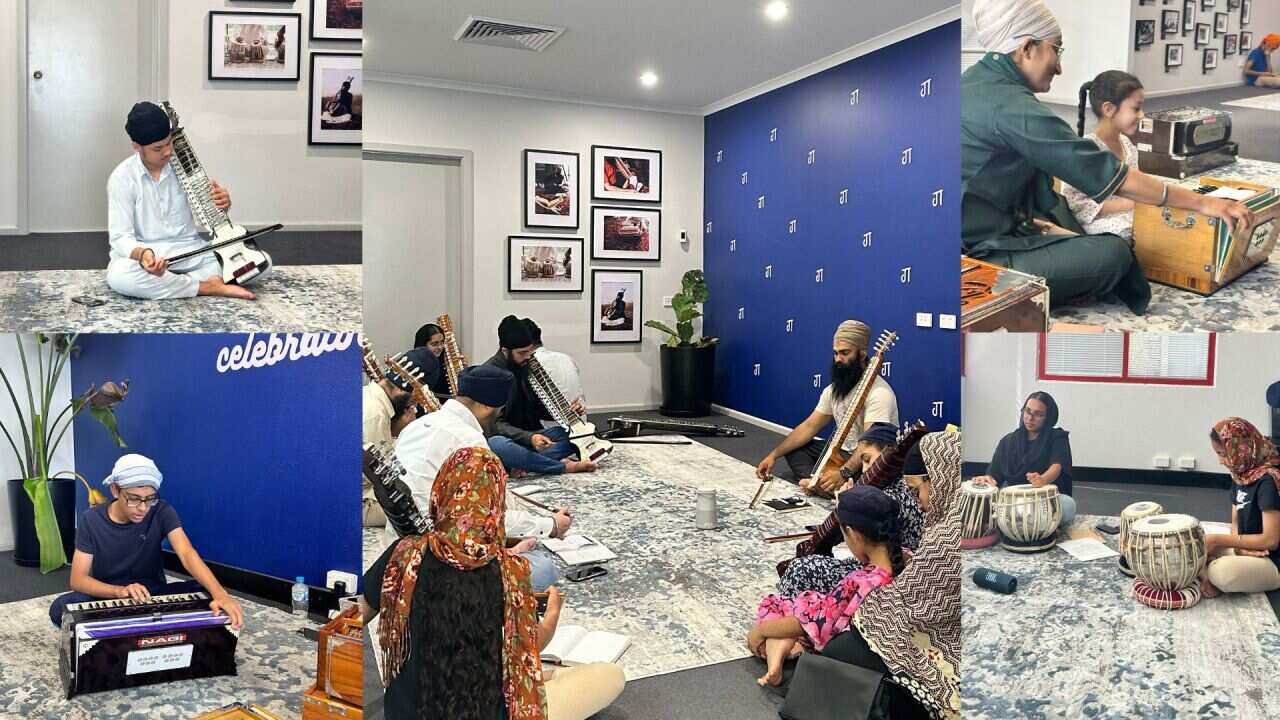The Department of Health website states:
"Even if you have already had COVID-19, you should still have the COVID-19 vaccine to help protect against getting COVID-19 again or passing it onto someone else. Check with your doctor about how long you should wait after recovery before getting a COVID-19 vaccination."
The Australian Technical Advisory Group on Immunisation, ATAGI [[ahh-TAH-gey]], recommends people who've had COVID-19 wait up to six months after infection to get vaccinated. It says:
"Evidence suggests that past infection reduces the risk of reinfection for at least six months. Individuals who have prolonged symptoms from COVID-19 beyond six months can be vaccinated on a case-by-case basis."
So how protected are you from re-infection after having COVID-19? Professor Miles Davenport is head of the Infection Analytics Program at the Kirby Institute, at the University of New South Wales. He says in the short term the level of protection seems to be similar to that offered by vaccines.
"The studies of previous infection suggests that it provides a level of protection, intermediate between the protection that you get from AstraZeneca and the protection that you would expect from Pfizer. So about 90 per cent ."
Those more vulnerable people should consider getting vaccinated within six months. New South Wales Health suggests people working in situations where there's a high risk of exposure to COVID-19 may also choose to get vaccinated earlier.
Click on the player at the top of the page to listen to the audio in Punjabi.
People in Australia must stay at least 1.5 meters away from others. Check your state’s restrictions on gathering limits.
If you are experiencing cold or flu symptoms, stay home and arrange a test by calling your doctor or contact the Coronavirus Health Information Hotline on 1800 020 080. News and information is available in 63 languages at sbs.com.au/coronavirus




